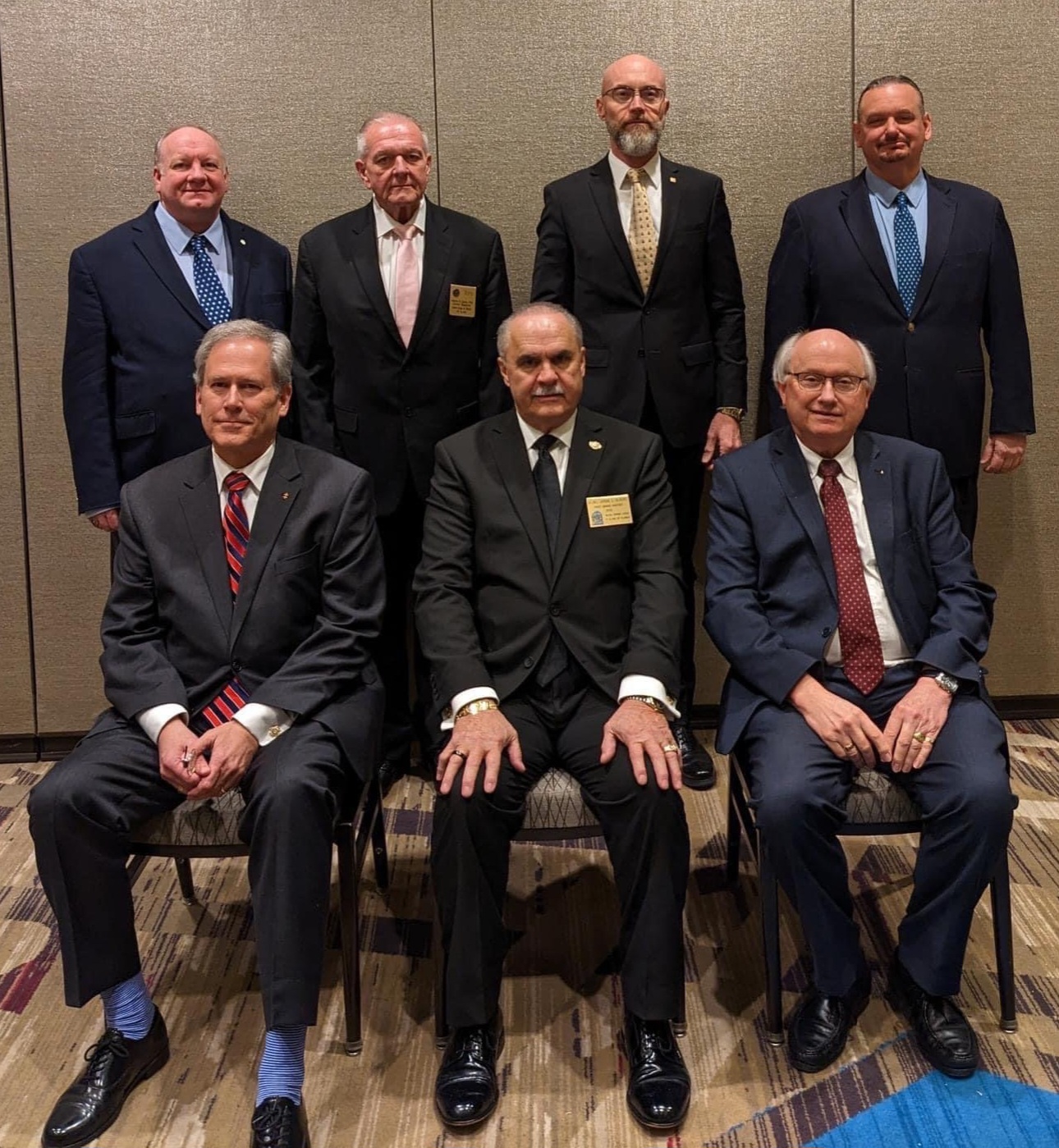Brother JStoffo
Registered User
The Masonic Obligation taken in Florida includes a phrase relating to not having Masonic communication with members of "clandestine" Lodges. Yet this term seems to apply to various groups depending on which State you are in. Some Southern states do not recognize Prince Hall Lodges for example. However, the Prince Hall Masonic Lodges have a charter from the Grand Lodge of England, same as "recognized" Grand Lodges in the United States. I have occasionally attended Masonic Philosophical discussions and it was stated that this group calls themselves "co-Masonry" and includes women. So, is there such a thing as a "real" Masonic group? If yes and it is determined by a Charter from the Grand Lodge of England, which other Masonic groups should be recognized in the United States?

